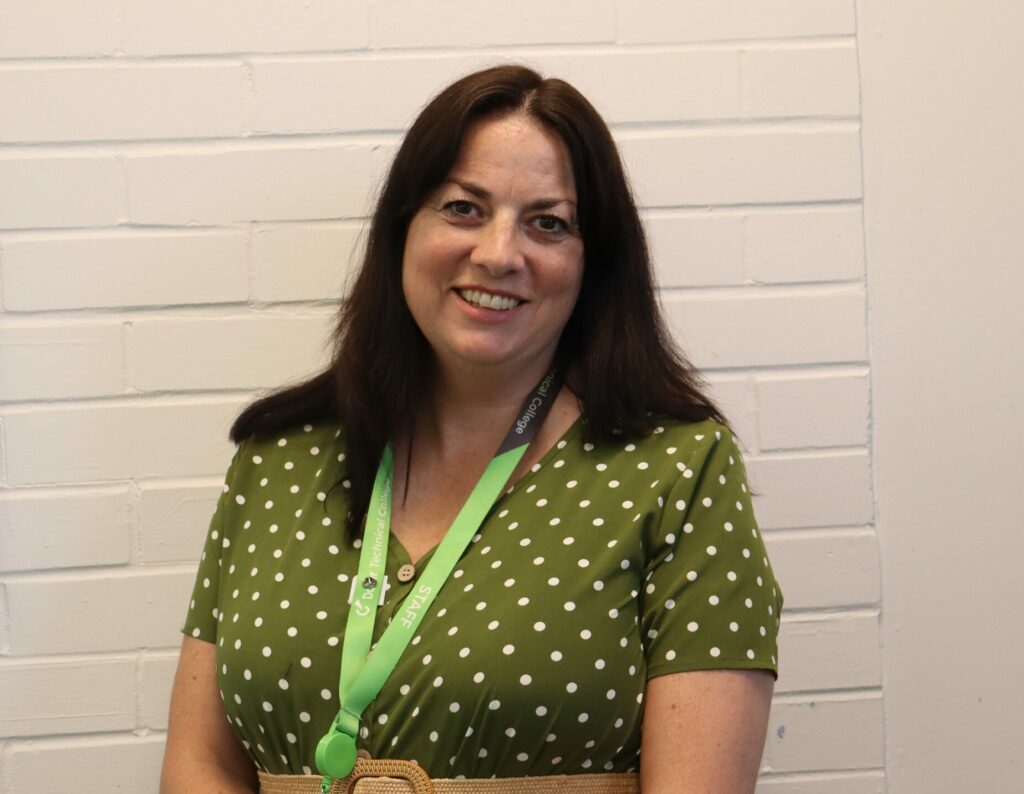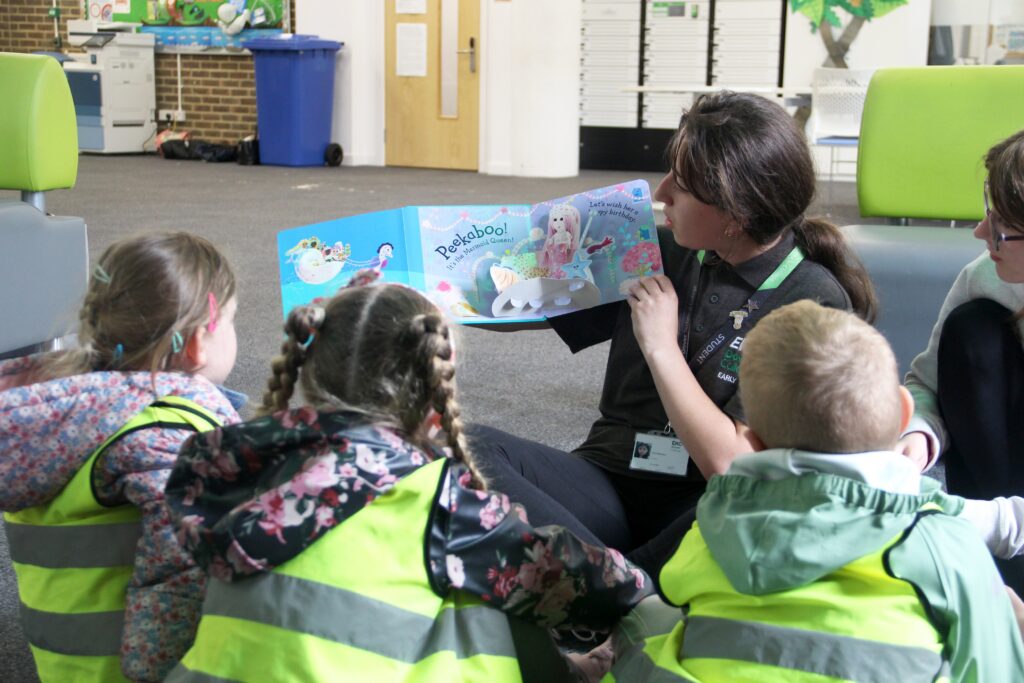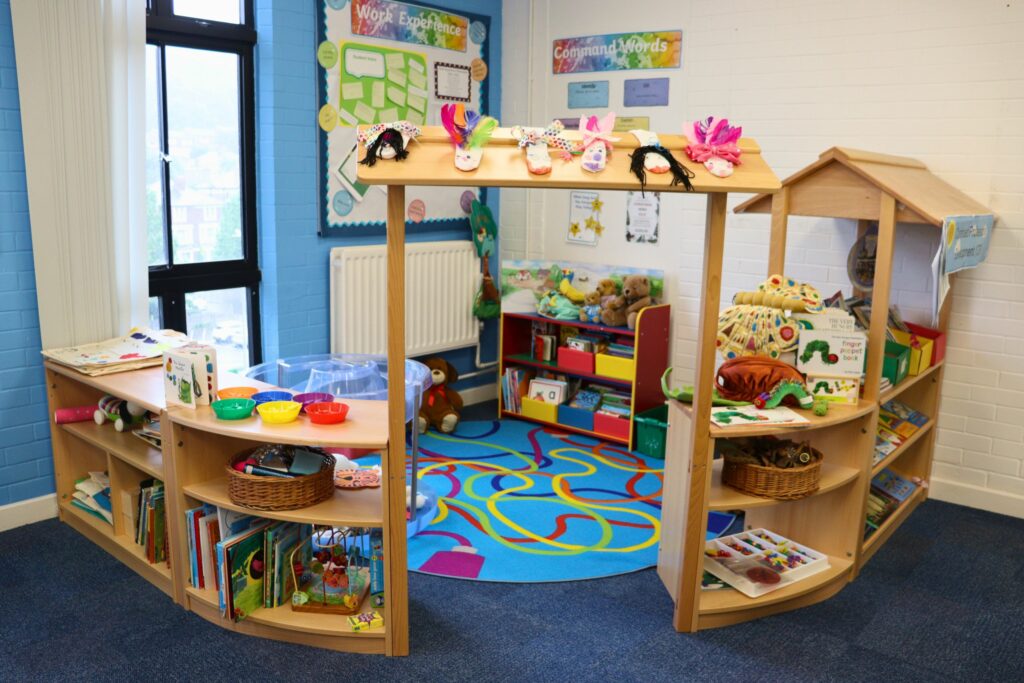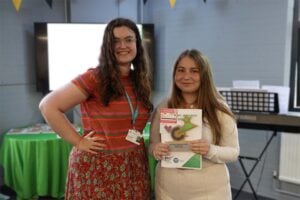We spoke to Tanya Foy, Early Years Lecturer and Assessor, about what she can bring to students and how she can help them start a career in the Educational and Early Years sectors.
As a key member of the Early Years team, Tanya has built strong relationships with local schools and nurseries throughout her career, creating valuable opportunities for students in the local area.

Tell Us About Your Role
“I’m an Early Years lecturer and assessor. I support students in their work placements and help them progress in their learning.
When a student first starts at college, I meet with them to discuss their placement options, focusing on locations close to their homes to minimise costs. I support the Industry Liaison Officer to link learners with nurseries or reception classes, manage paperwork, and plan inductions. I sometimes accompany students to their induction, ensuring everyone understands what’s expected and that both student and employer have the support they need.”
How do you support students’ learning?
“I teach the content of the course that most closely relates to practical activities that students will carry out in placement. Many of my classes focus on hands-on learning like junk modelling, painting, and role play, always examining what the child is learning. We create resources like sock puppets for communication and language development.
“From the outset, I’m there to support students with whatever they need, using structured booklets based on Early Years Diploma criteria. Being involved in teaching, assessing, and planning means I work with students during their entire journey.”

What does the work placement involve?
“For Early Years, students must complete 250 hours over two years in their placement. They have opportunities to try different approaches, reflect on their success, and develop improvement strategies. They undertake various tasks, from planning physical activities to leading healthy eating sessions.
“Working with the nursery staff and managers, they provide feedback directly to the students and set targets for continuous improvement.”
How does placement prepare students for employment?
“An industry placement develops essential soft skills including attendance, punctuality, professional dress, communication, and teamwork, alongside comprehensive knowledge of an Early Years setting.”
“Students learn to become reflective practitioners, which is crucial in education. Many of our students secure employment at their placement locations after completing their course, or use the knowledge to advance to a degree at university or apprenticeships.”

What types of settings can students experience?
“Students can experience a range of settings, from full day-nurseries to big chain nurseries managing up to 130 children per day, as well as smaller sole trader nurseries handling around 25 children daily. They can also work in Reception classrooms. These placements ensures that the students gain broad experience across different Early Years environments and that there is a placement that is right for them.”
Why should someone study Early Years at Dover?
“Our students are well prepared, and our good links with stakeholders mean that there are many great experiences during the completion of their placement. I have strong relationships with local schools and nurseries, which means we have great links for students to complete their placements. Trying things out, seeing what works well, and developing your skills will work wonders for your future.”
Learn more about our Education and Early Years courses here: Education and Early Years


